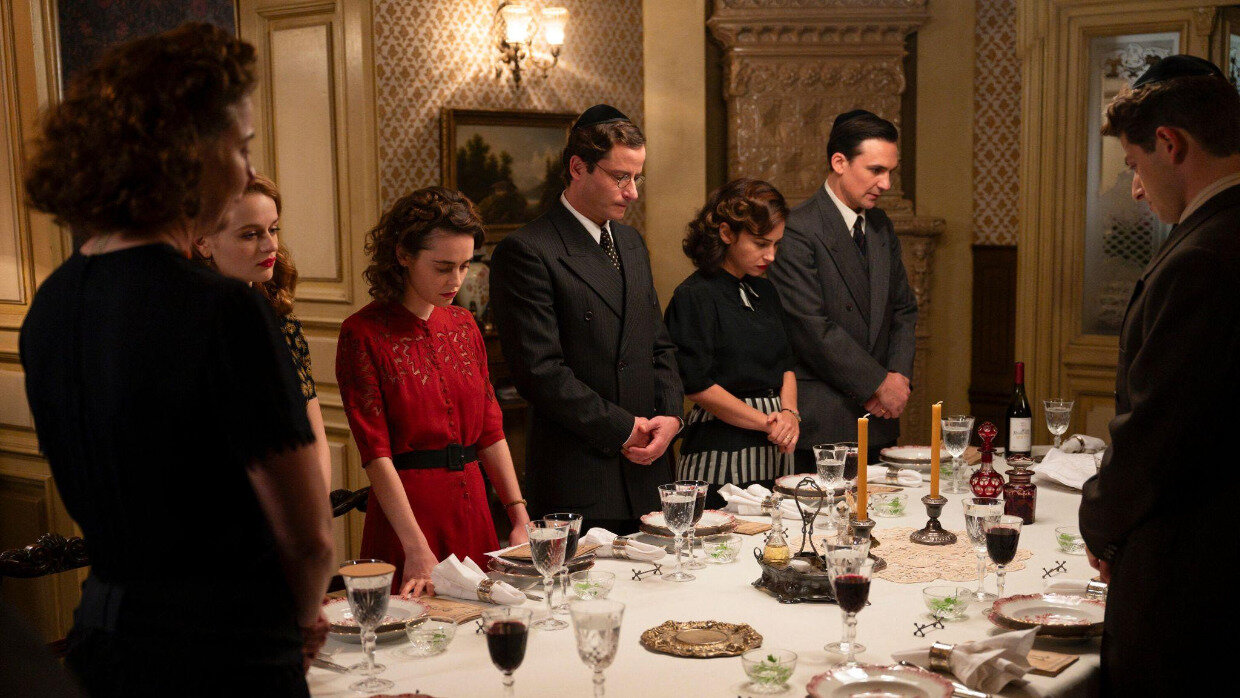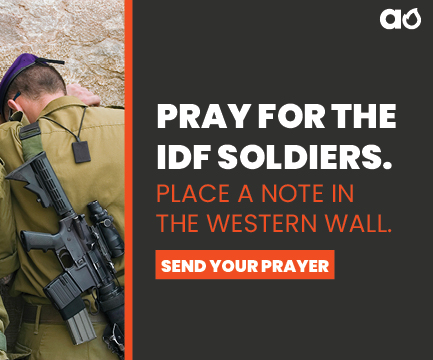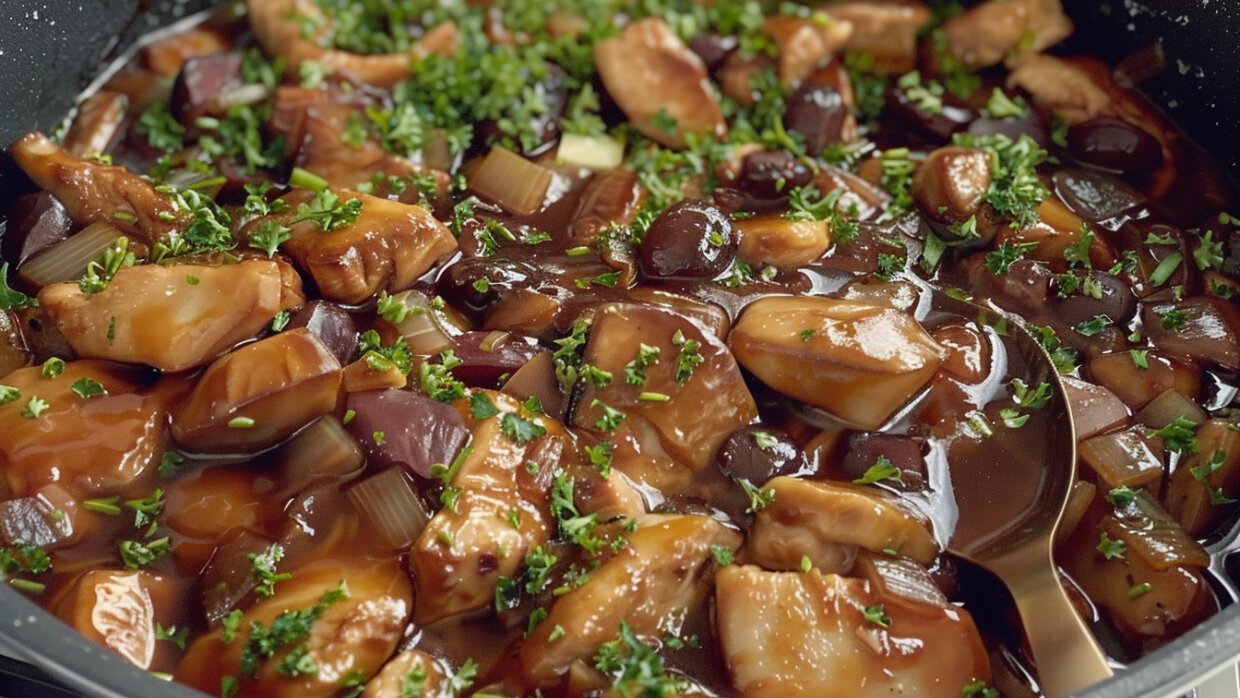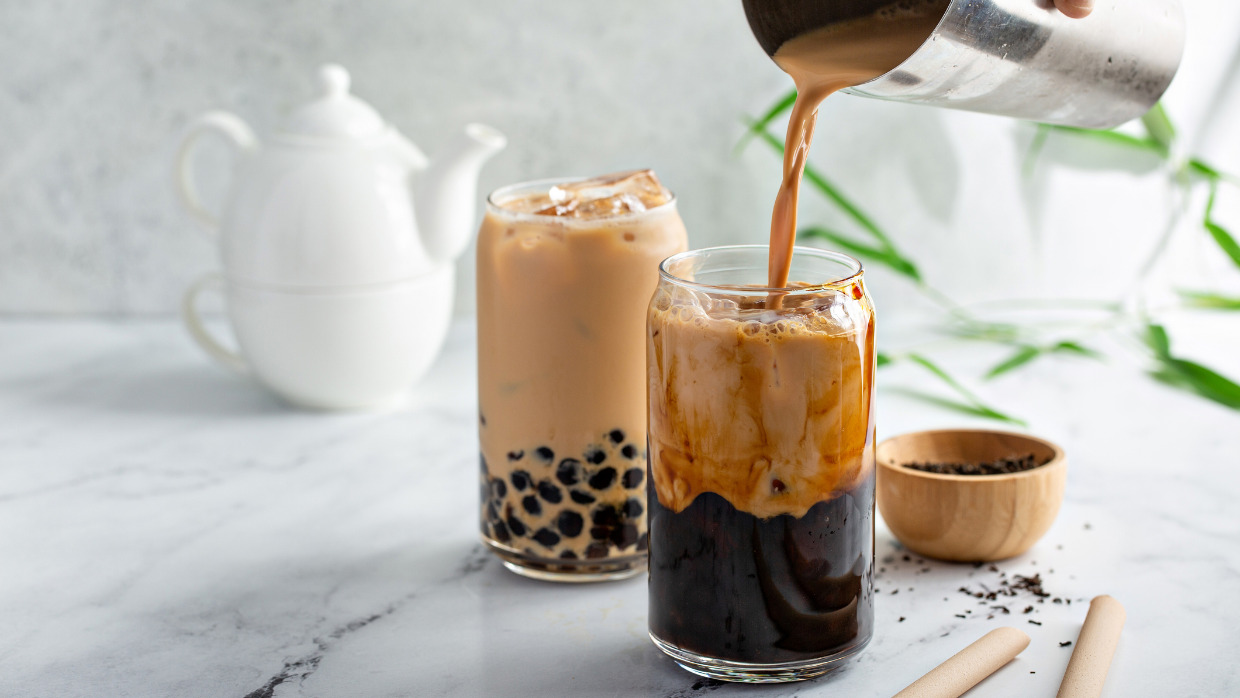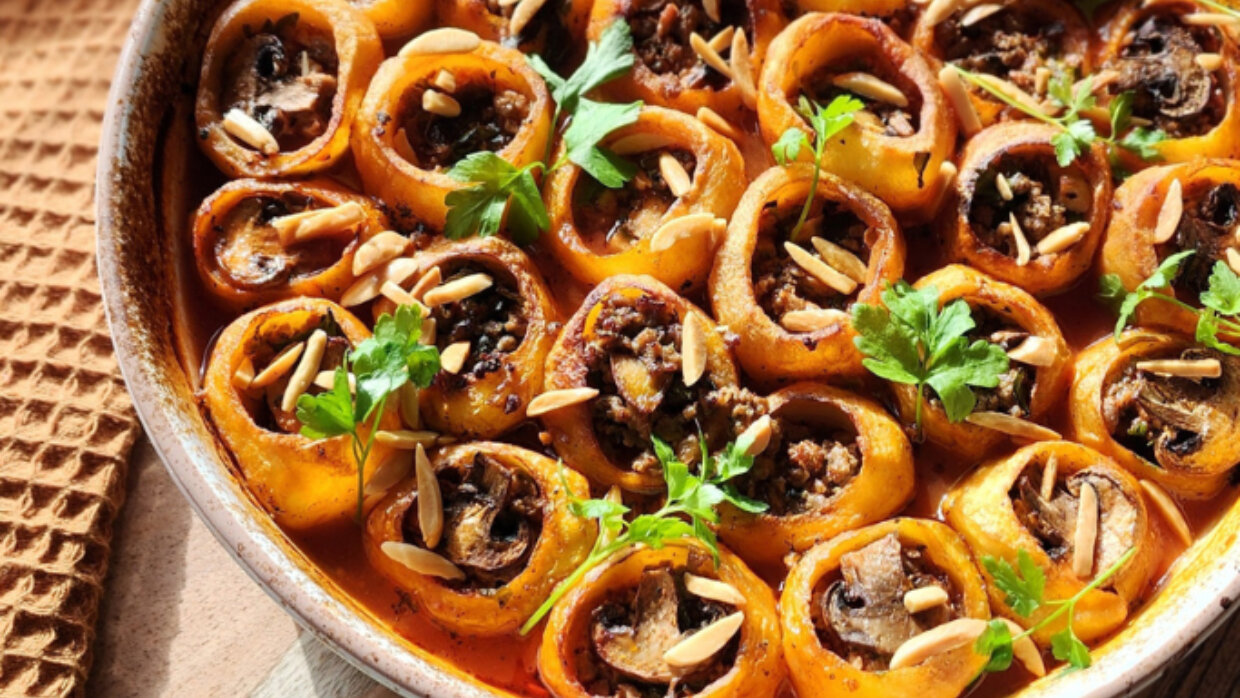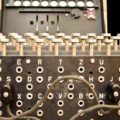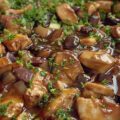April 15, 2024
Viewers watching Hulu’s new Holocaust drama, “We Were The Lucky Ones,” have been immensely moved by the true story of the Kurc family, who desperately tried to stay alive and connected, despite brutal conditions during WWII.
Based on the bestselling book of the same name by Georgia Hunter, the riveting story of resilience is astonishing to watch, as the Polish-Jewish characters grapple with keeping hope in their heart while somehow escaping death.
The series opens with the family celebrating Passover, gathering around the dinner table for matzah, wine, songs and banter. There is something deeply meaningful about seeing them coming together, expressing gratitude, and reaffirming their bonds. Just a year later, they are observing a more muted holiday, with the threat of Hitler looming.
Jewlish.com’s Susan Hornik talked to cast members and producers about their own Passover memories and shooting the seder scenes.
Georgia Hunter (author/co-executive producer)
For the series, the producers made a small departure from Georgia’s book, opening the first episode in 1938.
“In the book you meet Addy Kurc, my grandfather, in France, and he's not able to get back to Passover, which is a story that he did share. He got a letter from his mother and she said, ‘things are getting bad here. I don't think you should come home for Passover.’”
They did this so that Addy could be at the dinner for this important holiday, Georgia explained. “We wanted to see that family all together, around the table, so that audiences had something to root for. If you really boil it down, yes it’s a story about the Holocaust, but at its core, it’s a story about a family that just wants to come together again, around that table, and have a meal together. The simplicity of that I think is really beautiful.”
Georgia remembers being on set the day, when they were preparing all the plates. “Everything smelled so good and I was truly overwhelmed by that moment, with the cast, who had only met weeks ago, interacting with each other as a close knit family.”
While Georgia didn’t realize she was Jewish until the age of 15, as a child, she remembers being with family friends and hiding the matzah. “I ran around trying to find it, and if I was lucky enough, negotiating how much I should be paid for finding it! Also, I remember there was a flavor that I really liked, the parsley in the saltwater and the bitter herbs. I don't know why it stands out to me. Taste and smell are so vivid, I just have such a strong memory of dipping the herbs.”
Georgia has two boys, 12 and 7 years old. “We're gonna do a model seder at my son's school that's put on by the high schoolers. My goal is to introduce my kids to the cultural and traditional aspects of Judaism, earlier than when I was introduced to it.”
Hadas Yaron (Mila Kurc)
Hadas Yaron thoroughly enjoyed filming the Seder and Passover moments and was “very impressed” with the tzimmes they made.
“It was great to shoot these scenes! I'm vegetarian so I just touched the veggie stuff that the props department made for us. I remember they made tzimmes out of little mini carrots…We weren't sure if these mini carrots existed in the ‘30's and if anyone would notice and would ‘catch us’ for not being period. But who notices the size of the carrots on your plate anyway!” she joked.
“They just told us to eat and speak and be with each other and that they will film us and walk around with the camera. And that no audio would be recorded, so we could just have fun together, which is exactly what we did. It was just in the first week of filming, but we were already loving each other so much, it was really natural and fun.”
Hadas’ first food related memories to Shabbat and Passover would be her grandmother's food, which she “loved the most.”
Among her favorite dishes: “kneidlach (matzah balls) during Passover -which my grandmother Gusta used to make! There were so many other dishes, as she would create a giant meal for so many people within just a few hours.”
Nowadays, it is Hadas’ mom who makes the kneidlach.
“It's also incredible how food warms your heart. Since my grandmother's passing and missing her, every single time my mom makes matzo balls (or any other recipe my grandma used to make) - we always talk about her when we eat it. Even if it's just for a second, if we're just saying ‘oh, grandma's kneidlach because she's there. She made us this food, she fed us, she loved us with this food, and she's still here with us after she's gone, when we make it and eat it and think of her. Honestly I love food, and I do believe that food is a very emotional thing - especially family and traditional food.”
Lior Ashkenazi (Sol Kurc)

“As a Sephardi Jew, I was not familiar with the Ashkenazi traditions, and definitely not the Yiddish prayers,” Lior acknowledged. “So I had to learn the Nusach Ashkenaz (version) which was not easy at all. It’s a very specific melody, I had to practice a lot. On the day we were shooting the first seder scene, I was practicing the prayers until I was called to set, at which point I noticed that executive producer Erica Lipez and Georgia were sitting right behind me, both in tears. Later, they told me that the melody and their wording brought them back to their childhood in their grandfather's house.”
The scene was written without dialogue. “Thomas Kail, the director, asked us to improvise what was happening. Each of the actors, in turn, simply did what he knew from their family tradition.”
Playing Sol, the patriarch who led the seder, he asked the male actors to read parts of the Haggadah. “The problem was that it was in Hebrew and none of them knew the language- and definitely not how to read it!” he quipped.
“Joey (King), who plays my youngest daughter Halina, surprised us when she performed ‘Ma Nishtana’ in fluent Hebrew. As did Logan (Lerman, who plays Lior’s son) and Robin (Weigert, Lior’s onscreen wife ) who also sang in Hebrew. Part of the magic in this scene is that everything is really happening. We really laugh and sing and you can see that we really have fun together, just like a real family.”
Moran Rosenblatt (Herta)
Moran particularly enjoyed that sense of family felt from the Passover dinner scenes. “I thought the whole experience was very, very fun. All the Israeli actors of course knew the Haggadah but the other cast members who were Jewish, were not familiar with the words. Lior, who played Sol, was joking and teasing the people who didn't know it, telling them to say stuff that wasn’t true! It was the funnest moment to shoot of course. The whole family together –the whole cast together.”
Moran remembers all the matzah served during the scenes. “But I'm sure we weren't eating them if we didn't have to. It's bad for your stomach!”
Another pivotal food-related scene comes when Herta and her husband, Genek Kurc, the eldest sibling, are being transported in a train car and don’t know where they are being taken. “All of a sudden, the Polish soldiers come in and give us a slice of fresh bread. I never saw those kinds before, but they were huge!”
In her own life, during Passover, Moran is a big gefilte fish fan.
“I really love gefilte fish even though it's Ashkenazi! I'm celebrating with my mother most of the time, we are from Iran originally but we all love it! I adore the holidays, and spending time with the family. For my mother, it's very important that we all be together, especially Passover, as it is important. We sing the songs, read the Haggadah, we do the whole thing, starving to death until we finish reading everything!”

Erica Lipez (executive producer/showrunner)
When Erica and her team would set up the meal for one of these holidays, it was always really well researched by their props department. “We had a consultant on set, a local rabbi in Bucharest who was an expert on a lot of these Jewish rituals and we served traditional Passover food–there was matzah, chicken and brisket. He was there to really make sure we were both accurate to the holiday and to the time period.”
“It was wonderful to see our cast, who all had their own relationship to their Jewishness, with their backgrounds, and the debates over what foods were at their holidays and what dishes should/shouldn’t be on the table! For example, we talked about carrots for some reason; there were a lot of opinions about whether they should be present!”
She added: “It just felt so real to what I feel like are the dynamics of a Jewish family. And I actually think it brought such joy and authenticity to particularly those food scenes that we got to film.”
Passover is one of Erica’s favorite food holidays and she always looks forward to having gefilte fish. “I just finished planning my Passover menu this year! I love what it’s about and that it’s such an important part of the series. I always look forward to the gefilte fish! My mom also always made a really incredible chicken dish which had very good Mediterranean flavors which I loved!”
Ido Samuel (Isaac)
Ido, who is from Herzliya in Israel but lives in LA now, had several scenes with Mila and her parents during the grim period after the war had begun. “In those tumultuous times, food was scarce and the scenes depicted the stark reality of their struggle for survival.”
And after a busy day shooting in Romania, the cast would gather for a meal.
“There was a Jewish restaurant nearby. It had the best Moroccan style dishes and amazing atmosphere. We loved going there after finishing those hard scenes, just to relax and eat good comforting food, there’s nothing better to make you feel good again.”
As a child, Passover held a special place in Ido’s heart.
“Our family tradition was to gather at my grandparents' house, where my grandmother's culinary skills transformed the occasion into an unforgettable feast. From the comforting aroma of kneidlach soup to the exquisite main courses and decadent chocolate cake (kosher for Passover of course!), every dish was a testament to her love and talent in the kitchen. Their home exuded warmth and hospitality, creating cherished memories of family bonding.”
Learning about his grandparents' resilience during the war in Yugoslavia added a profound layer of admiration for them. “Despite the adversity, they managed to cultivate a nurturing and loving environment for their family and grandchildren and helped them have good and happy memories.”
Nowadays, whenever I return home, I make it a point to gather my family for a Shabbat celebration. There's something deeply meaningful about coming together, expressing gratitude, and reaffirming our bonds as a family. It's moments like these that remind me of the power of tradition and the importance of cherishing time spent with loved ones.




